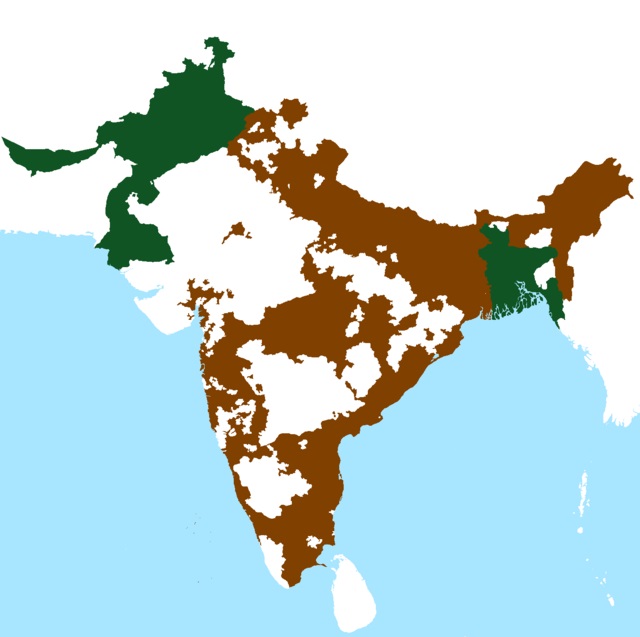
by Richard Subber | Sep 19, 2022 | Book reviews, Books, History, Human Nature, Politics, Power and inequality, World history
swords, but no ploughshares…
Book review:
The Great Game:
The Struggle for Empire in Central Asia
by Peter Hopkirk
New York: Kodansha International, Ltd., 1992
564 pp
This was almost entirely new history to me. I guess I’m a typical Westerner—I don’t know much about Asia.
It’s not enough that the indigenous peoples of Asia have been squabbling and fighting with each other for centuries. The British and other Europeans and the Russians decided to get involved in the “Great Game” of trying to control and expropriate the riches of the East.
The Great Game tells it all.
It hasn’t turned out well at all.
Endless warfare is not the way to go about it. It don’t work.
* * * * * *
Book review. Copyright © Richard Carl Subber 2022 All rights reserved.
Book review:
The American Revolution: A History
The “Founders” were afraid of “democracy”…
by Gordon S. Wood
–
Seeing far: Selected poems with 47 free verse and haiku poems,
and the rest of my poetry books are for sale on Amazon (paperback and Kindle)
and free in Kindle Unlimited, search Amazon for “Richard Carl Subber”
* * * * * *
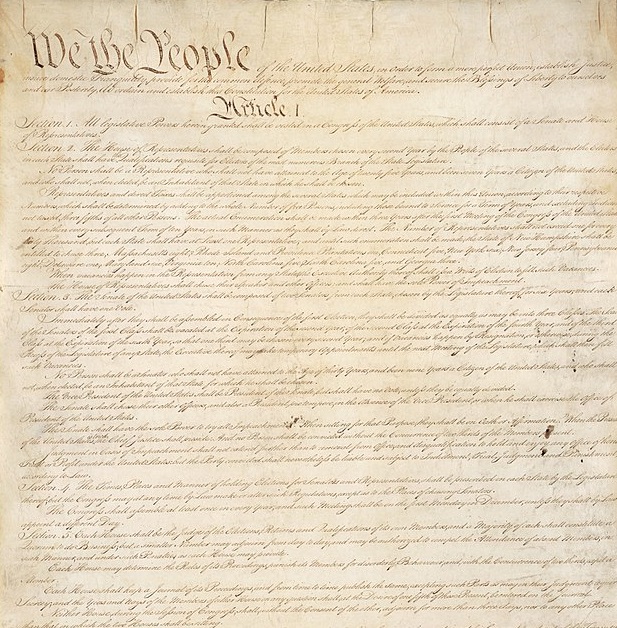
by Richard Subber | Sep 5, 2022 | American history, Book reviews, Books, History, Human Nature, Politics, Power and inequality, Revolutionary War
umm, they forgot about “patriotism”…
Book review:
The Political Depravity of the Founding Fathers:
Studies in the History of The United States
by John Bach McMaster
New York: Noonday Press, division of Farrar, Straus & Company, 1964
Originally published as With The Fathers in 1896
McMaster writes with the perspective of 125 years ago, and it’s all too obvious. However, this is not a fatal problem.
The Political Depravity of the Founding Fathers is a largely chronological elaboration of the many political and self-interested motivations that were the controlling factors in the creation of the Constitution, the Monroe Doctrine, George Washington’s presidency, and a broad scope of public concerns during the 19th century.
McMaster has not written anything like “love ya” biographies of the so-called Founding Fathers.
* * * * * *
Book review. Copyright © Richard Carl Subber 2022 All rights reserved.
Book review: The Sea Runners
…it informs, it does not soar…
by Ivan Doig
–
Above all: Poems of dawn and more with 73 free verse poems,
and the rest of my poetry books are for sale on Amazon (paperback and Kindle)
and free in Kindle Unlimited, search Amazon for “Richard Carl Subber”
* * * * * *
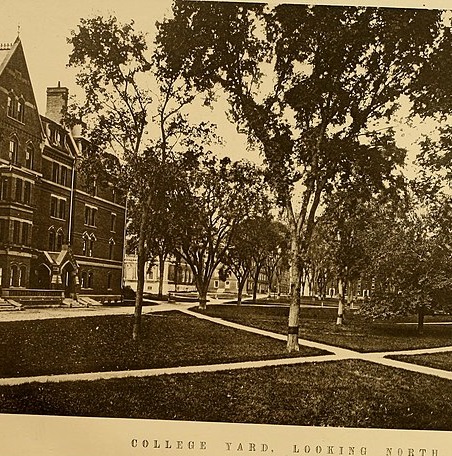
by Richard Subber | Aug 19, 2022 | American history, Book reviews, Books, History
Henry Adams was there…
Book review:
The United States in 1800
by Henry Adams
Ithaca, NY: Cornell University Press, 1955, 1966
132 pages
Henry Adams wrote a colossal History of the United States of America during the First Administration of Thomas Jefferson (1889).
This slim volume is the first six chapters of that history, and it’s doggone interesting reading even for the casual student of history. Adams offers a somewhat disconnected, but nevertheless insightful, potpourri of facts and personal observations about the people of the very young United States.
For example, he reports that in 1800 the organization and operation of Harvard College was not exactly what you would guess: the college had a president, a professor of theology, a professor of mathematics, a professor of Hebrew, and four tutors, and “the method of instruction [was] suited to children fourteen years of age; the instruction itself was poor, and the discipline was indifferent.” So much for a college education in 1800.
The United States in 1800 offers an apparently realistic and sometimes deprecating panorama of the people and culture of the United States in the early 19th century.
There’s no particular reason to think Adams didn’t really know what he was talking about.
* * * * * *
Book review. Copyright © Richard Carl Subber 2022 All rights reserved.
Book review: All The President’s Men
About the men and women
who crave power…
by Carl Bernstein and Bob Woodward
–
As with another eye: Poems of exactitude with 55 free verse and haiku poems,
and the rest of my poetry books are for sale on Amazon (paperback and Kindle)
and free in Kindle Unlimited, search Amazon for “Richard Carl Subber”
* * * * * *
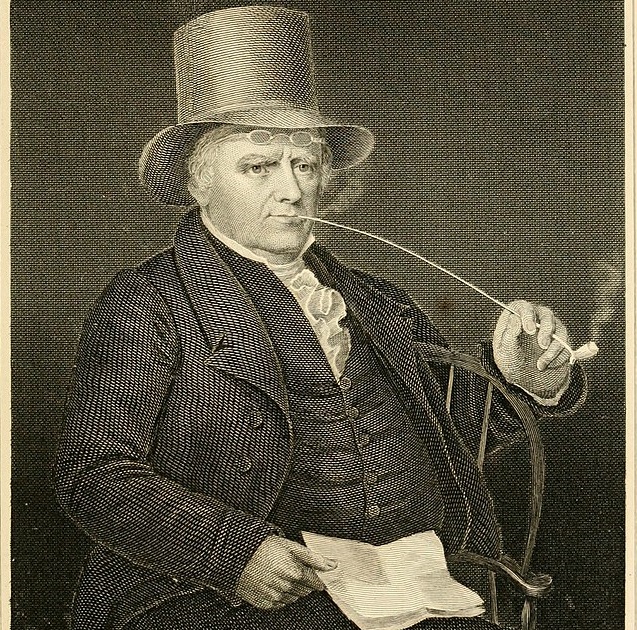
by Richard Subber | Jul 22, 2022 | American history, Book reviews, Books, Democracy, History, Politics, Power and inequality
Partisan politics, just like today…
Book review:
A Magnificent Catastrophe:
The Tumultuous Election of 1800,
America’s First Presidential Campaign
by Edward J. Larson
New York: Free Press, 2007
A Magnificent Catastrophe tells us about yet another nightmare in American history that we don’t know well enough.
Thomas Jefferson and John Adams went head to head in the first presidential campaign that was based on party politics and partisan venality and telling lies for political advantage.
In other words, just like today.
The election outcome in 1800 wasn’t clear cut—the politicians were at each other’s throats, and the public interest was lost in the shuffling.
Politics started getting its bad name more than 200 years ago.
* * * * * *
Book review. Copyright © Richard Carl Subber 2022 All rights reserved.
Book review: Forced Founders
by Woody Holton
The so-called “Founding Fathers”
weren’t the only ones
who helped to shape our independence…
–
As with another eye: Poems of exactitude with 55 free verse and haiku poems,
and the rest of my poetry books are for sale on Amazon (paperback and Kindle)
and free in Kindle Unlimited, search Amazon for “Richard Carl Subber”
* * * * * *
by Richard Subber | Jun 19, 2022 | American history, Book reviews, Books, History, Revolutionary War
more new learning…
Book review:
Empire of Liberty:
A History of the Early Republic, 1789-1815
by Gordon S. Wood (b1933)
New York: Oxford University Press, Inc., 2009
Empire of Liberty is a finely detailed and well-informed examination of the early years of the United States.
You can trust Gordon Wood to give it all he has, and to give you a lot of new learning.
This 778-page volume is part of the Oxford History of the United States.
If you can’t read it all at once, pick it up again soon.
* * * * * *
Book review. Copyright © Richard Carl Subber 2022 All rights reserved.
Book review: The Sea Runners
…it informs, it does not soar…
by Ivan Doig
–
My first name was rain: A dreamery of poems with 53 free verse and haiku poems,
and the rest of my poetry books are for sale on Amazon (paperback and Kindle)
and free in Kindle Unlimited, search Amazon for “Richard Carl Subber”
* * * * * *
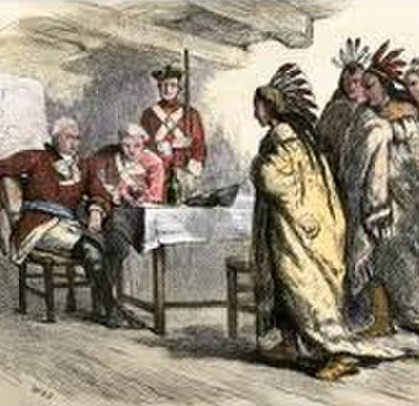
by Richard Subber | Jun 13, 2022 | American history, Book reviews, Books, History, Politics, Revolutionary War
…before the so-called Founding Fathers…
Book review:
The Unknown American Revolution:
The Unruly Birth of Democracy
and the Struggle to Create America
by Gary B. Nash
New York: The Penguin Group: Viking, 2005
The Unknown American Revolution is chock full of facts you probably don’t know about the evolution of the revolutionary spirit in the American colonies.
Here’s a hint: the leather-apron men and other lower class members of what the elites contemptuously termed “the mob” had a lot to do with it.
Gary Nash gives a book full of details demonstrating that there was a whole lot happening in the decades before the shoot-out on Lexington Green and the wrangling in Philadelphia in June and July of 1776.
The point is: there were a whole lot more folks—men and women—involved in addition to the so-called Founding Fathers.
* * * * * *
Book review. Copyright © Richard Carl Subber 2022 All rights reserved.
Book review: The Comanche Empire
this is the other story of the American West…
–
Seeing far: Selected poems with 47 free verse and haiku poems,
and the rest of my poetry books are for sale on Amazon (paperback and Kindle)
and free in Kindle Unlimited, search Amazon for “Richard Carl Subber”
* * * * * *




